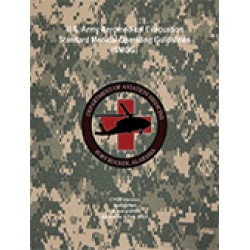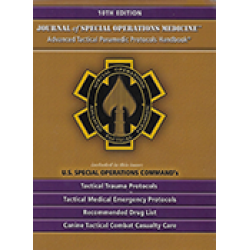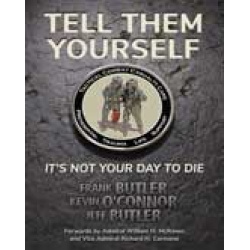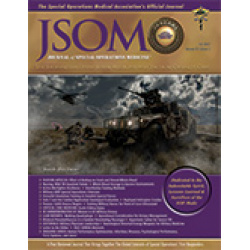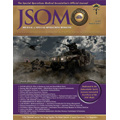Workload of Swedish Special Forces Operators Experienced During Stressful Simulation Training: A Pilot Study
Hindorf M, Berggren P, Jonson C, Lundberg L, Jonsson A 22(3). 42 - 48 (Journal Article)
Introduction: Stress week was included during training of Special Forces (SF) Operators in Sweden to test their ability and limits for handling stress in different unknown situations and environments at a military training facility in Sweden. The aim of the study was to examine the effects of stress and workload experienced in various tasks during firefighting and military medicine simulation training. Methods: This pilot study was performed during the second day of stress week. The National Aeronautics and Space Administration Task Load Index (NASA-TLX) is a validated, subjective, and multidimensional assessment tool for rating perceived workload with six subscales: mental demand, physical demand, temporal demand, performance, effort, and frustration. These subscales were used as an indicator of stress experienced. The different tasks were assessed by the SF Operators by rating the NASA-TLX subscales for each task, which were then analyzed and compared using ANOVA. Results: There was a significant difference between the two simulation exercises assessed by the participants and instructors, and both groups considered firefighting to be more demanding than medical. The participants perceived the mental and physical demands as more demanding in the firefighting exercises, as well as for the level of frustration and effort. However, no differences regarding performance or temporal demands between the simulation exercises were found. Conclusion: The principle "train as you fight" implies difficult and demanding situations. When exposing Swedish SF Operators to challenging situations, assessment of perceived stress and performance are possible.


 Español
Español 